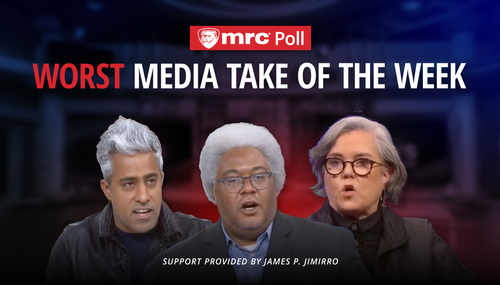"I'd like you to convert Chicago," Father Robert Barron remembers his boss, Francis Cardinal George, archbishop of the Windy City, telling him about six years ago.
The result of that charge will be airing on many PBS stations, starting this week.
Barron, a Chicago priest and professor, has created a remarkable book and TV series called "Catholicism" -- which, in reintroducing a 2,000-year-old tradition, manages to be both elaborate and humble. It's self-conscious as a work of evangelization (complete with available study guides and a prayer card for those who care for such things), yet welcoming to a wide potential audience.
Barron characterizes his effort as a "guided exploration of the Catholic world ... conducting you ever deeper into the mystery of the Incarnation in the hopes that you might be transformed by its power." He makes excellent use of the vibrancy of technology to reintroduce a vocabulary and tradition that has, of late, been too much hindered by a lack of confidence.
And while there is no mistaking Barron's presence as the main instigator, he loves to talk about his show as a team effort, the fruits of the talent and generosity of many. It's a truly pastoral approach, a good reminder to people of faith who feel exiled by the culture: Don't be in exile, engage; don't play the victim, be a brother. This, too, is Catholicism: a manifestation of God's glory here on earth, but also a human attempt to seek that which is greater, making use of the creative means we have access to in the here and now.
"I wanted something that was elevated. Something that was intellectual. But also something that was lyrical. Something that would draw people into the texture and the feel of Catholicism," Barron tells me. And so he shows us everything from Aristotle to St. John of the Cross to baseball and John Henry Newman.
You don't have to be Catholic, want to be Catholic, or even like Catholics to go on this journey. It's not a homily. Barron doesn't preach at you. The series is not just challenging to others, it also challenges itself: Barron's producer occasionally questions him on camera.
And yet, it's also the best sermon you've ever heard; the best class you've ever taken. Or the homily you've never heard and the classroom you never had available to you.
The 10-part series, partially to be aired on 80 PBS stations, the EWTN network and available in a 10-DVD set, is a trip to the Holy Land, Chartres, the Sistine Chapel, Calcutta, and Uganda.
Barron says the most memorable of his travels were to those last two places. He had studied in Paris and taught in Rome, but Calcutta was something different. "It's like the worst, most squalid garbage dump you've ever seen, writ large, but where people are living: on the sidewalks, in boxes. And in the midst of all of this, here are these women of tremendous joy and dedication." He celebrated Mass where Mother Teresa is buried and says, "I remember thinking people will be coming here for a thousand years; there will be Catholic pilgrims here in a thousand years."
He then visited Uganda, where St. Charles Lwanga and 22 companions were martyred. It was the saint's feast day, and 500,000 people gathered at the spot where Lwanga and his fellow believers met their destiny. "It was extraordinarily moving," Barron tells me. It would have been reasonable to predict at the time of the executions more than 100 years ago that "the end of Christianity in Africa" was at hand. Instead, Barron points to the hundreds of thousands and -- recalling Tertullian's contention that "the blood of the martyrs is the seed of the Church" -- says, "You tell me."
In a day when discussion of the Catholic Church turns readily, and even understandably, to scandal -- "abusive priests, clueless bishops, corruption" -- Barron has not forgotten that "the Word became flesh and made his dwelling among us." The story he tells is this enduring belief, that "the Word of God -- the mind by which the whole universe came to be -- did not remain sequestered in heaven but rather entered into this ordinary world of bodies, this grubby arena of history, this compromised and tear-stained human condition of ours."
"Catholicism" is a crash course, and, as the cover of the book depicts, an open door. "It's a way in," Barron says.
Classic, revolutionary -- like the Gospels themselves, and also game-changing reality TV.




